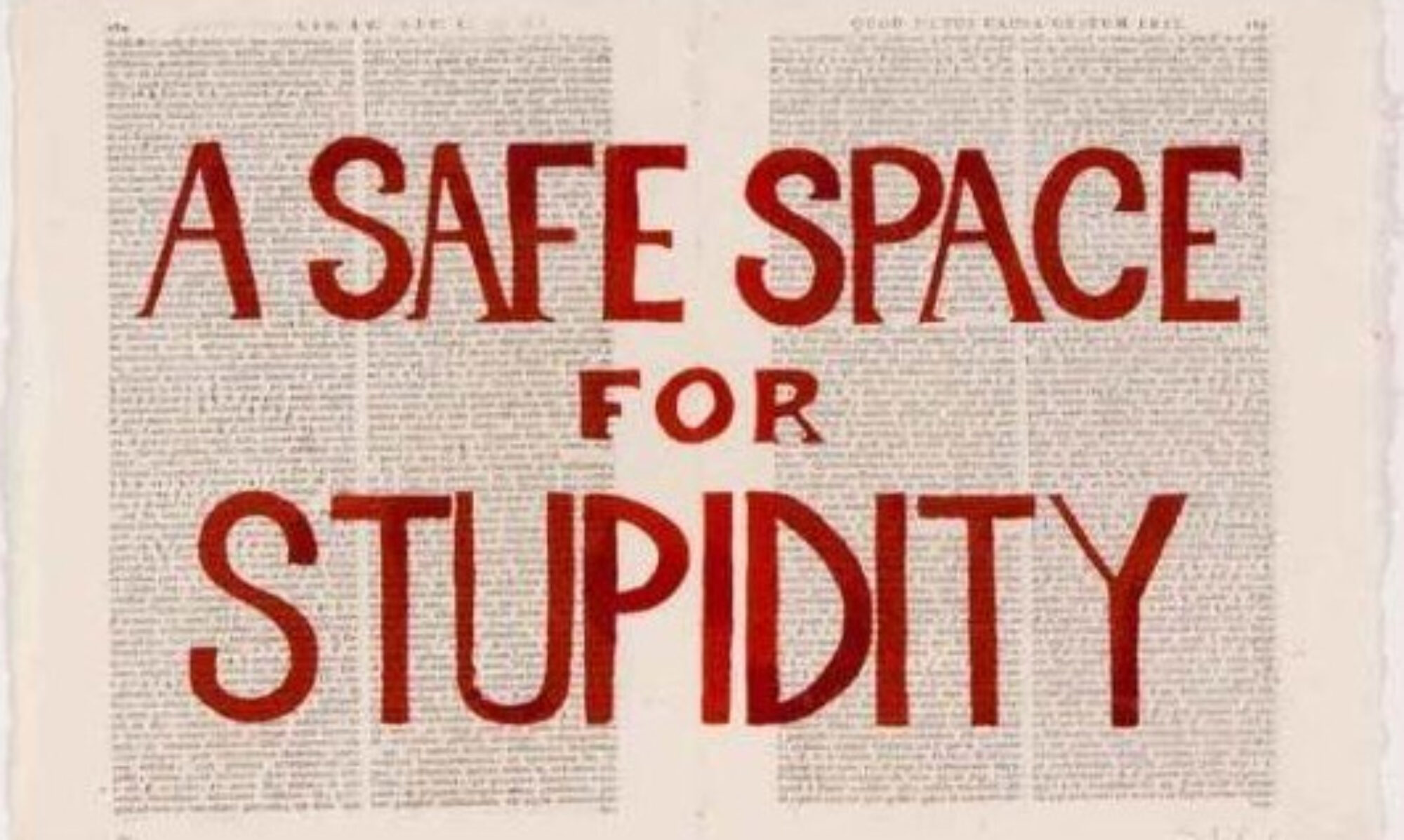These are some impressions of the anti-Dilma protests in Sao Jose do Rio Preto, a city of about four hundred thousand people in Sao Paolo state. My Portuguese is not good enough for the detail of the speeches, so these are mostly visual impressions, based on what I saw and could read on placards. My guess is that the turn-out was about ten thousand.
Firstly, the protestors were overwhelmingly white. Bar literally three people, everyone I saw in the crowd was white, and the only black or indigenous people I saw were riot police. Whatever the movements might say about not being a `white elite’, it would be obvious to an observer on this demonstration. Rio Preto is not very mixed by Brazilian standards—the immigrant population here was mostly Italian and Middle-Eastern—but it is a lot more diverse than the crowd on this demonstration. The speakers on the platform were all white.
The protest movement claims to be in favour of legality and against corruption, but there were placards which were unambiguously anti-left (“Brazil is green and yellow, not red”, “Dilma go to Cuba”, etc) and slogans seemed to be what you would get from a Brazilian UKIP: resentful of change, especially change that undermines established privilege.
There is a definite nationalist and/or militaristic element, even in the mainstream of the movement. As well as singing the national anthem (twice), the speakers asked the crowd to wave and cheer to the (military) police helicopter and talked of the armed forces and military police as a force for stability. One marcher carried a placard with the slogan `military intervention’ which is the demand of one group which forms part of the broader anti-Dilma movement.
